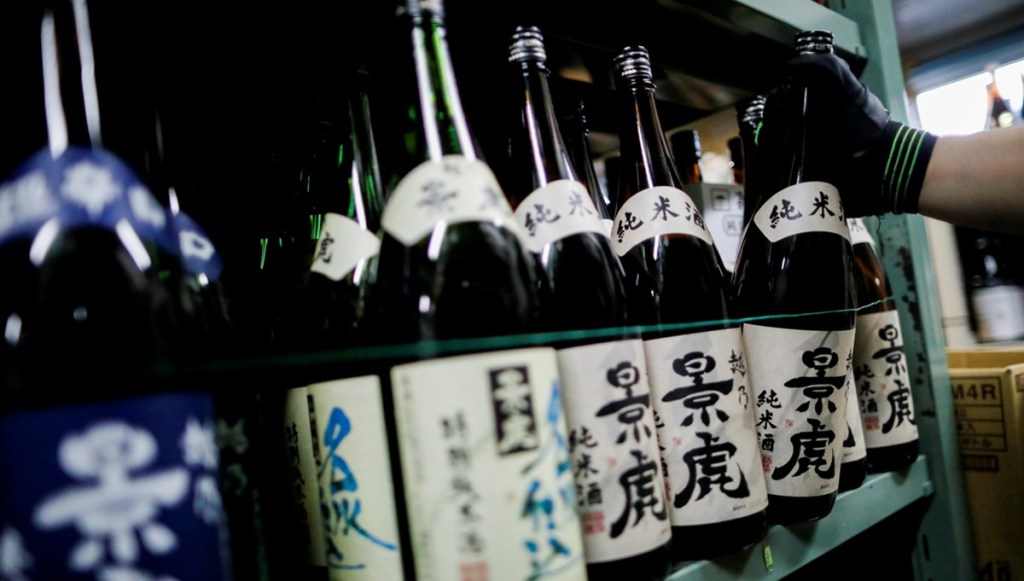Sake, a Japanese alcoholic drink, has been recording a notable rise in its demand from Indian consumers in recent years. Sake imports to India received a boost after the Food Safety and Standards Authority of India (FSSAI) simplified import procedures for the beverage in 2022, stated a report by GlobalData. The beverage is seeing increased uptake in major urban centers of the country, such as Bengaluru, Chennai, Delhi and Mumbai. Sake’s healthier perception and lighter taste are attracting an increasing number of Indian consumers who are constantly on the lookout for better consumption experiences.
Raviteja Neralla, Consumer Analyst at GlobalData, said, “Foreign alcoholic drinks have always found significant patronage from Indian consumers. In addition, young, urban consumers’ pent-up desire to try out novel drinking experiences after being locked up in their homes for a long period amid the COVID-19 pandemic encouraged them to experiment with various alcoholic beverage choices. Sake’s lighter taste makes it an attractive option for many consumers, especially women. Also, there has been a rise in the tendency among young consumers to spend a premium on alcoholic beverages. When asked about the evolution of their spending habits on luxury or expensive alcoholic drink brands in Q3 2023 as part of a GlobalData survey, 20 per cent of consumers in the 25–34 age group stated that they would start buying such products in the next three months.”
Francis Gabriel Godad, Business Development Manager, GlobalData India, said, “More Indian restaurants have begun offering sake on their menus in recent years. The beverage’s compatibility with widely loved Indian culinary offerings such as fish tikka, salmon, and chicken malai tikka has been pushing its adoption in established restaurants. Sake’s rice-based formulation and ability to complement the Indian cuisine, a large part of which is heavy and rice-based, is a key factor behind its growing prominence in India. Japanese cuisine is similar to Indian cuisine in terms of its dependence on rice.”
A recent GlobalData consumer survey has underlined Indians’ growing health concerns, as 42 per cent of its respondents stated that they are extremely concerned about their physical fitness and health. Sake’s formulation, which is predominantly plant-based, adds to its attractive image in India, where a large proportion of the population is vegetarian.
Francis Gabriel Godad said, “Along with the pull for sake from Indian consumers, there has been a strong push from the Japanese authorities too. The Japanese tax authority has been working relentlessly to penetrate the Indian market for this beverage. In a major step, the agency, in cooperation with the Japanese embassy in India and the Japan Sake and Shochu Makers Association, was able to negotiate a simplification of the import procedure with the FSSAI in 2022.”
Raviteja Neralla said, “Growth in sake volumes in India is important for Japanese manufacturers, as it is becoming tougher for them to grow in their home market. Japan is an aging society, and its population has been shrinking every year.” According to Japan’s Internal Affairs Ministry, the number of residents in Japan declined by over 800,000 in 2022, recording a contraction for 14 consecutive years. According to the data from the Health Ministry of Japan, the number of births declined by 5 per cent in 2022. Owing to its dwindling birth rates, the share of the young population in Japan will fall drastically in the future. Japan’s population crisis will hamper the total addressable market for food and beverages in the country, he added.
Francis Gabriel Godad concluded, “Sake owes its demand in India largely to its major urban centers. However, the aspirational young population in tier-2 and tier-3 cities, who wish to match their peers from bigger cities in terms of lifestyle choices, empowered by their growing purchasing power, presents a huge market to capture for Japanese sake manufacturers. In the future, India’s positive economic outlook and softening inflationary pressure will add impetus to spending on niche alcoholic beverages in the country.”
